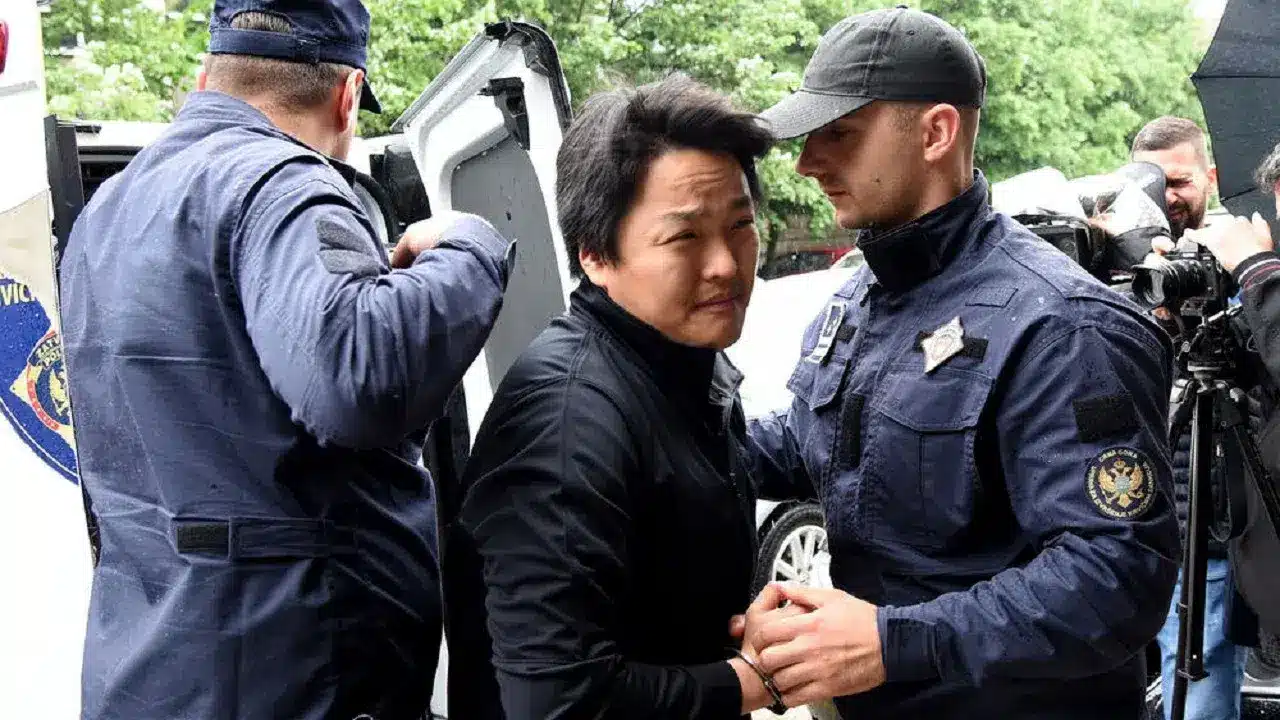In recent developments, the unfolding legal saga surrounding Terraform Labs’ founder, Do Kwon, has taken another turn as the Supreme Court of Montenegro defers his extradition to South Korea. This latest delay emerges amidst a whirlwind of legal and diplomatic entanglements that highlight the complexities of cross-border criminal proceedings in the digital age.
Extradition Postponed Amid Legal Drama
At the heart of this high-profile legal narrative is the decision by the Supreme Court of Montenegro to put on hold the extradition of the controversial figure, Do Kwon, to South Korea until further legal examinations are conducted. This postponement, requested by the Supreme State Prosecutor’s Office on August 2, 2024, introduces a new chapter in Kwon’s ongoing legal entanglements, stemming from the dramatic implosion of the Terra/LUNA ecosystem in May 2022.
The International Diplomatic Quandary
The decision to delay the extradition draws the small Balkan nation of Montenegro into the center of a diplomatically charged contest between South Korea and the United States, both of which have expressed intent to bring Kwon to their respective jurisdictions. The charges laid against him pertain to the monumental $40 billion debacle following the collapse of Terraform Labs’ coin offerings. Complicating matters is Kwon’s arrest in Montenegro in March 2023 for possession of a counterfeit Costa Rican passport, aiming to transit to Dubai.
Montenegro’s Judicial Crossroads
The predicament facing Montenegro’s judicial system is underscored by the opposing requests for extradition from two powerful nations. Adding to the legal intricacies, Kwon has expressed a preference for facing proceedings in South Korea, where penalties for financial misdemeanors are comparably lenient. This preference has not simplified the decision-making process, as Montenegro’s courts and officials grapple with the choice, leading to a series of delays and divergent court opinions, fueling criticism and allegations of judicial inefficacy.
Allegations of Political Influence
The case’s complexity is further augmented by suspicions of political interference, with Kwon’s defense attorney decrying the procedural setbacks as a blight on judicial honor. Accusations levied against Montenegro’s Minister of Justice for supposedly pledging to favor the U.S.’s extradition request over South Korea’s, alongside revelations of the Prime Minister’s alleged investments in Terraform Labs, layer the situation with intrigue and potential conflict of interest.
The Navigating Challenge of International Extradition
The deferment of Do Kwon’s extradition underscores the intricate maze of legal, political, and diplomatic challenges enveloping the case. As Montenegro maneuvers through the competing demands of South Korea and the United States, the eventual resolution remains veiled in uncertainty. This case serves as a paradigmatic example of the multifaceted nature of international extradition processes, highlighting the substantial political and legal stakes at play.
In sum, the ongoing saga of Do Kwon offers a compelling study into the complexities of law in the era of borderless digital economies. This unfolding story invites keen observation as it progresses, affecting not only the nations directly involved but also the broader international legal community and stakeholders in the digital finance arena.
